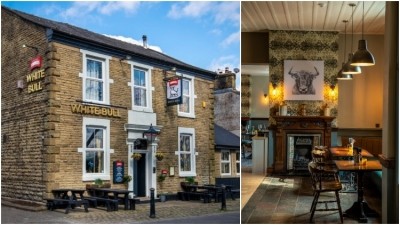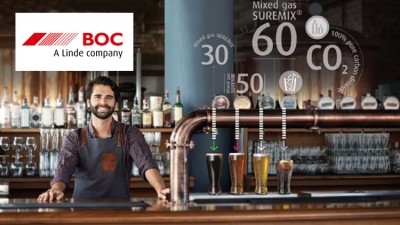CMBC responds to CAMRA reporting Fresh Ale to Trading Standards

CAMRA has requested investigations into if the Consumer Protection from Unfair Trading Regulations have been breached.
It has written to National Trading Standards and Trading Standards Scotland, calling for an investigation into the products, which use a cask handpump to serve the kegged beer.
In the letters, CAMRA real ale, cider and perry campaigns committee chair and national director Gillian Hough said: “CAMRA believes these practices come under the scope of the Consumer Protection from Unfair Trading Regulations 2008 as the average consumer may choose to buy the product on the basis they believe it to be cask-conditioned beer, which in this case it is not.
“We believe this falls foul of the order’s provisions in section two to protect consumers from presentation, which is likely to deceive the average consumer or cause the average consumers to take a transactional decision they would not have taken otherwise.”
CAMRA, which previously condemned the use of a handpump for Fresh Ale, also said this move was the beginning of its Handpump Hijack campaign, which aims to raise awareness of misleading beer dispense and ensure the handpump remains a signifier of cask-conditioned beer.
Swift action
National chairman Nik Antona added: “Misleading dispense is particularly detrimental to beer drinkers as hijacking a handpump to serve a keg beer removes a genuine cask product from the bar, reducing choice of different formats for consumers.
“Unfortunately, CMBC has a track record on potentially misleading marketing, having already badged Wainwright as ‘a Lake District original’ despite it being brewed over 100 miles away in Wolverhampton.
“We hope Trading Standards bodies across Great Britain will take swiftly coordinated national action to address misleading beer dispense and safeguard the handpump as an indicator of cask beer.”
CMBC launched Fresh Ale in March, available in versions of best-sellers Wainwright Gold, Wainwright Amber and Hobgoblin IPA.
At the time, vice-president of marketing John Clements told The Morning Advertiser the UK pub trade has lost about 7,000 hand-pulls since the pandemic and 6,000 stockists of cask had also disappeared so the category needed reinvigoration.
A spokesperson for CMBC said the business was incredibly proud to be a leading brewer of cask ale – a key part of the UK’s brewing heritage.
Supplementing cask
They added: “The market has been significantly impacted in recent years, both by the decline in the on-trade and by changing consumer preferences, with Covid further exacerbating the issue.
“Over the past four years, cask has declined by 31% but we are strongly committed to reinvigorating the category and supporting it to succeed for many generations to come.”
CMBC outlined how its intention is for Fresh Ale is innovation in the cask category and gives operators an opportunity to sell cask who may not have been able to previously.
The spokesperson said: “Our brewery-conditioned ‘Fresh Ale’ is a critical element of this – supplementing, not supplanting, traditional cask ale.
“It has been developed to make offering a wide range of great-tasting ales more accessible for publicans who either aren’t able to offer cask at all or who don’t have sufficient throughput to have more than one or two cask options on the bar but want to offer consumers a greater choice of ales. Our primary aim is to safeguard the future of ale and the pub culture it embodies.
“However, we agree it is important to make the distinction between brewery-conditioned ale and cask-conditioned ale and for that reason, we are clearly signposted the difference, at point of purchase, with a pump clip attachment that states ‘Brewery Conditioned for Freshness’ and includes a QR code leading consumers to a microsite, to learn more about Fresh Ale.”
The spokesperson went on to welcome the opportunity to engage in a constructive discussion with CAMRA on how industry innovation can help everyone collectively deliver a sustainable future for ale in the UK.








